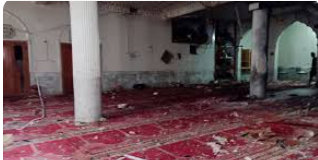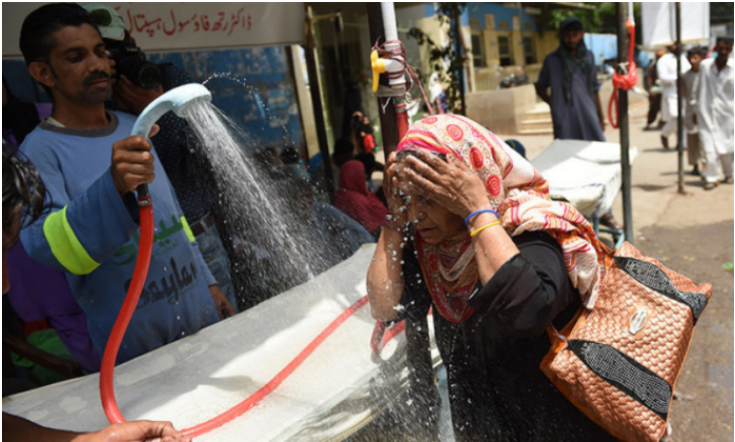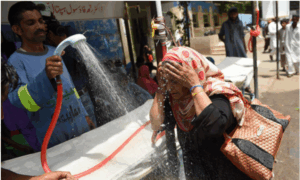Bombing at a Mosque in South Waziristan: A Deadly Attack Amid Rising Tensions

On March 14, 2025, a bomb exploded during Friday prayers at a mosque in South Waziristan, one of Pakistan’s most volatile regions. The attack, which left four individuals injured, has sent shockwaves through the local community and raised concerns about the growing security challenges in Pakistan’s tribal areas.
The bomb, an improvised explosive device (IED), was planted in the pulpit of Maulana Abdul Aziz Mosque, located in South Waziristan, a region notorious for its ongoing conflicts involving insurgent groups and the Pakistani military. The attack occurred at a time when the mosque was crowded with worshippers attending the crucial Friday prayers. Among the injured was Maulana Abdullah Nadeem, the district chief of the influential Jamiat Ulema-e-Islam (JUI) party, who sustained injuries from the explosion. Three others, including mosque staff and attendees, were also hurt.

The Attack and Immediate Aftermath
The explosion occurred in the heart of the mosque, an area typically reserved for religious leaders. Witnesses reported scenes of chaos immediately following the blast, with injured individuals being rushed to nearby hospitals for medical treatment. The Pakistani military responded quickly, deploying security forces to the scene to ensure the safety of the area and begin investigations into the attack.
While no group has officially claimed responsibility for the bombing, suspicions are high that militant groups operating in the region may be behind it. South Waziristan has long been a hotspot for various insurgent factions, including the Tehrik-i-Taliban Pakistan (TTP), which has carried out numerous attacks against security forces and civilians alike. The presence of these groups, combined with ongoing tensions in the region, has created a volatile environment where such attacks are tragically not uncommon.
A Region in Turmoil
South Waziristan, part of Pakistan’s Khyber Pakhtunkhwa province, has seen a rise in violence in recent years. The region, which borders Afghanistan, has been a focal point for insurgency and has suffered from instability since the early 2000s. The Pakistani military launched several operations to clear the region of militant groups, but despite these efforts, the area continues to experience sporadic violence.
The bombing at Maulana Abdul Aziz Mosque is just one in a series of attacks that have rocked the region in recent months. It is a grim reminder of the challenges faced by the Pakistani government in curbing militancy and restoring peace to its tribal areas. The rise of such attacks has fueled fears that the country could be facing an escalation in violence, especially with the looming threat of cross-border insurgency from Afghanistan.
Political and Social Implications
The bombing has significant political and social implications, especially given the involvement of Maulana Abdullah Nadeem, a prominent figure in Pakistan’s religious-political landscape. The JUI party, which Nadeem leads in South Waziristan, is a major player in Pakistan’s coalition government and wields considerable influence in the region. The attack on one of its leaders is likely to inflame political tensions and could lead to further calls for military action in the region.
Furthermore, the incident has raised concerns about the safety of religious institutions in Pakistan, particularly in areas where the government’s presence is limited. The targeting of a mosque during such a significant religious event highlights the vulnerability of places of worship in conflict zones.
Conclusion
The bombing at Maulana Abdul Aziz Mosque in South Waziristan is a tragic reminder of the persistent instability that continues to plague Pakistan’s tribal areas. While the attack remains under investigation, it is clear that militant groups operating in the region continue to pose a serious threat to the security and peace of the country. As Pakistan grapples with these ongoing challenges, the bombing underscores the urgent need for renewed efforts to combat militancy and ensure the safety of its citizens, particularly in vulnerable areas like South Waziristan.











